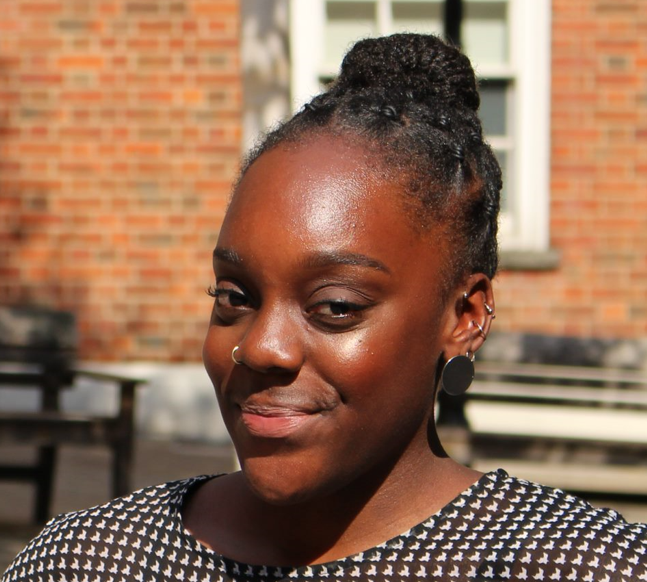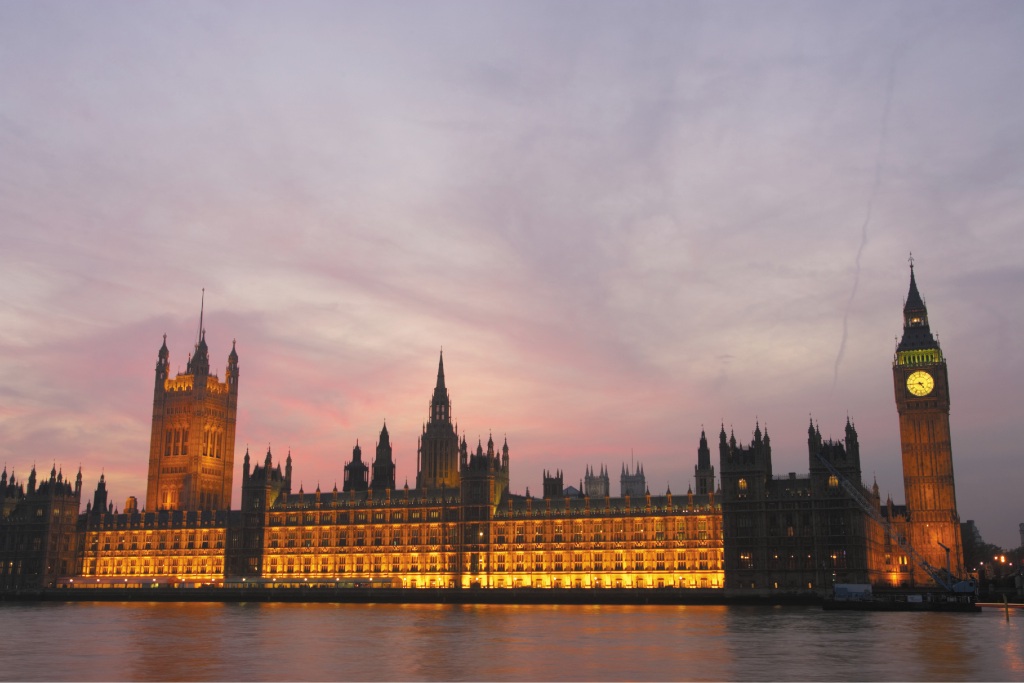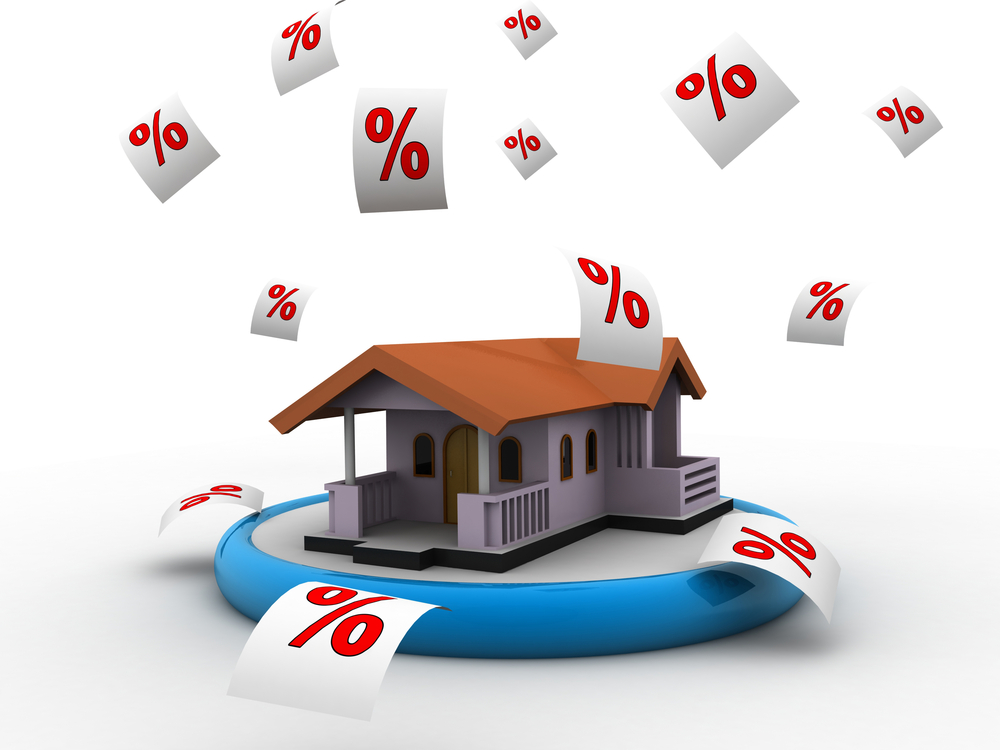Average house prices in the UK rose by 1.2% annually in February, the first indicator of growth since January 2023, data from a lender showed.
The Nationwide house price index showed that this was a contrast to the 0.2% annual decline reported in January.
Average house prices came to £260,420 in February, which was 0.7% up on January.
Improved affordability
Robert Gardner, chief economist at Nationwide, said: “The decline in borrowing costs around the turn of the year appears to have prompted an uptick in the housing market. Indeed, industry data sources point to a noticeable increase in mortgage applications at the start of the year, while surveyors also reported a rise in new buyer enquiries.
“Nevertheless, near-term prospects remain highly uncertain, in part due to ongoing uncertainty about the future path of interest rates. After falling sharply in late December, swap rates, which underpin fixed rate mortgage pricing, have drifted back up.
He added: “Borrowing costs remain well below the highs recorded last summer but, if the recent upward trend is sustained, it threatens to restrain the pace of any housing market recovery.
“While the squeeze on household budgets is easing, with wage growth now outstripping inflation by a healthy margin, it will take time to make up for the ground lost over the past few years, especially given consumer confidence remains fragile.”
Rate movement impact on house prices and market
Echoing Gardner, industry figures said the direction of mortgage rates would determine how the housing market continued to perform.
Sarah Coles, head of personal finance at Hargreaves Lansdown, said moderating mortgages pushed house price growth into positive territory and approvals data from the Bank of England (BoE) demonstrated the return of buyer activity.
She said: “The momentum of moderating mortgages fuelled a first-class February, and hiked house prices, pushing them into positive territory for the first time in over a year.
For months at the end of 2023, buyers were sitting on their hands, waiting for a break in the clouds. Now they’ve snapped up cheaper deals and are hunting for a new home. We know from yesterday’s BoE data that mortgage approvals surged in December, and we’re seeing this filter though into more demand and higher prices.”
However, she said there are “flies in the soothing balm of a positive property market”.
Coles added: “The momentum of lower mortgage rates in January can only carry us so far. Stubborn inflation in 2024 meant that, during February, the mortgage market had a bit of a re-think. The banks realised that they were getting ahead of themselves expecting imminent rapid-fire cuts, so they scaled back their expectations. As a result, mortgage rates stopped dropping, and have been rising again.
“This isn’t a dramatic movement, but the direction of travel is important. If rates keep drifting up, we could see buyers hit pause.”
Karen Noye, mortgage expert at Quilter, said: “Lower mortgage rates at the start of the year appear to have spurred some buyers back to the market, which has buoyed prices, but more recently we have seen a further uptick in rates as swap rates have risen, so this could be relatively short-lived. Just last week, lenders including Nationwide, Natwest, Santander and HSBC all made the decision to increase their rates.
“Yesterday’s monthly property transactions data revealed the first monthly uptick in transactions – up 2% to 82,000 in January 2024 compared to 80,500 in December 2023. However, the figure still marked the lowest level of seasonally adjusted residential transactions in January since 2013. Nevertheless, there is some hope for the future as transaction levels and prices are gradually picking up, and should the BoE opt to cut interest rates later in the year, as is expected, then we could see things pick back up more rapidly.”





